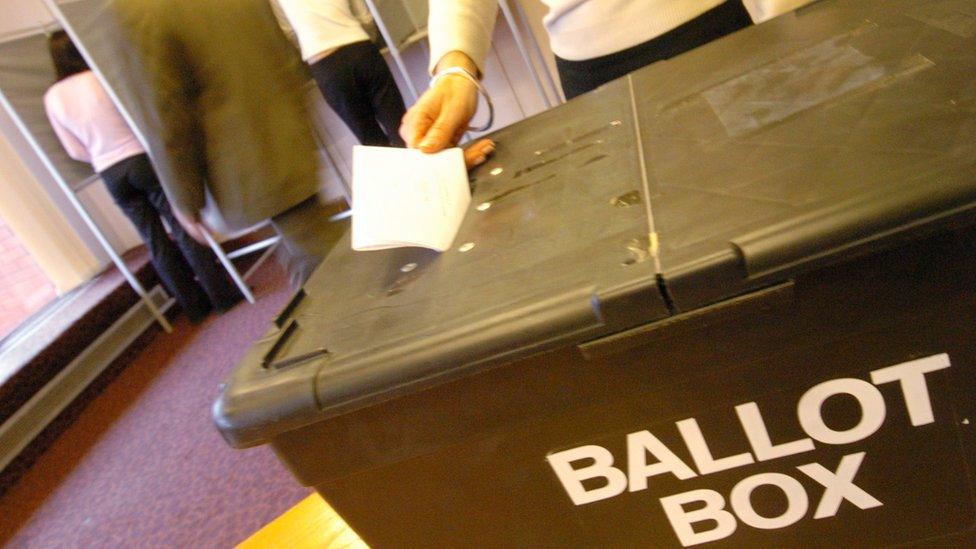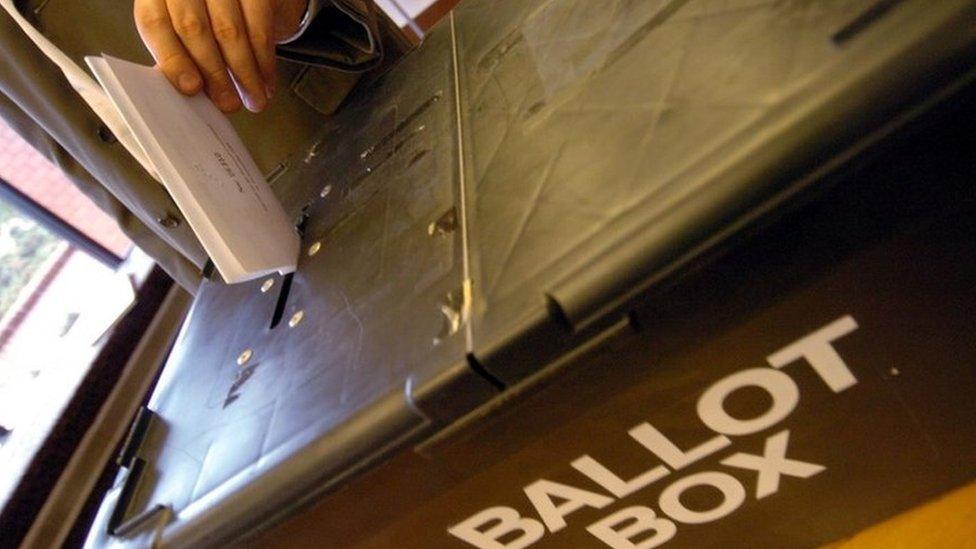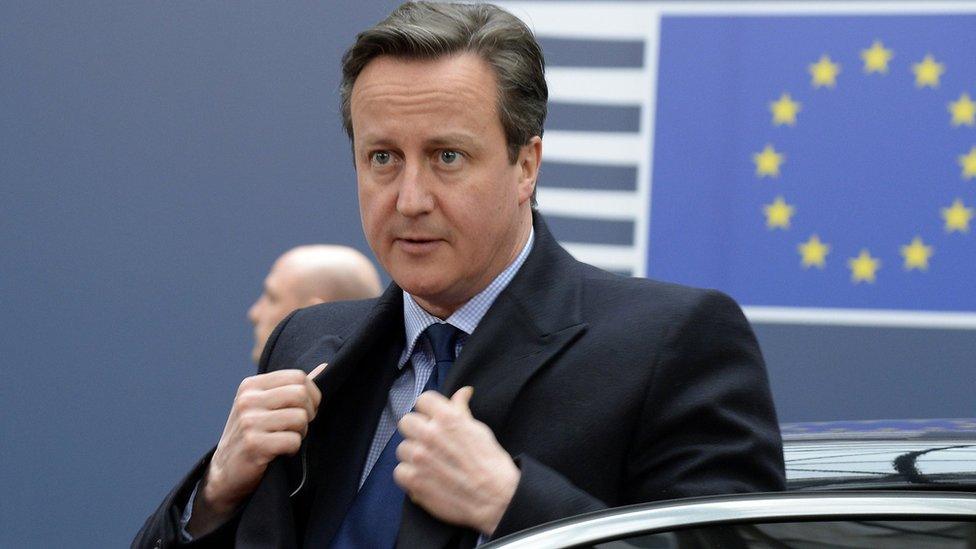EU referendum: Votes at 16 plans 'blocked'
- Published

Plans to let 16 and 17-year-olds vote in the UK's EU membership referendum look set to be blocked by the government after ministers claimed the move would cost £6m.
The House of Lords has been pushing for teenagers to have a say in the vote, promised by the end of 2017.
But ministers fear it could undermine the legitimacy of the result.
Speaker John Bercow has now decided that due to the estimated costs, the changes must be decided by the Commons.
He has certified that the changes are covered by "financial privilege" rules which can be used by the Commons "as grounds for overruling any House of Lords proposal that has cost implications".
Special right
Peers voted last month to amend the European Referendum Bill to extend the franchise.
The Bill returns to the Commons on Tuesday, with MPs expected to reject the move.
The government's notes on the House of Lords amendment say the change would incur "in excess of £6m of additional public expenditure".
This includes the postage cost of campaign literature, which would be incurred by Whitehall and local authorities.
It has triggered the financial privilege rules, external, which refer to the special right of the House of Commons to make tax and spending decisions.
Labour sources accused the government of arrogance and promised to find way around the obstacle.
'Clear position'
But BBC deputy political editor James Landale said the parliamentary technicality made it much harder for peers to continue pushing for 16 and 17-year-olds to get a vote and in doing so to delay the referendum.
"It also shows that the government is ready to play hardball with the House of Lords after its plans to cut tax credits were defeated in October," he added.
The government has no majority in the Upper House, and commissioned a review to look at the workings of Parliament following its defeat on tax credits.
The Electoral Commission has said registering 16 and 17-year-olds could take 12 months, which could affect the government's referendum timetable. No date for the poll has been set.
Labour, the SNP and the Lib Dems all favour allowing 16 and 17-year-olds - who were allowed to take part in last year's referendum on Scottish independence - to vote on whether to remain in the EU.
The prime minister's spokeswoman said the government wanted to progress its EU negotiations "as quickly as possible".
On votes at 16, she added: "The Commons has taken a very clear position on this and we will seek to overturn that amendment."
- Published18 November 2015

- Published3 November 2015
